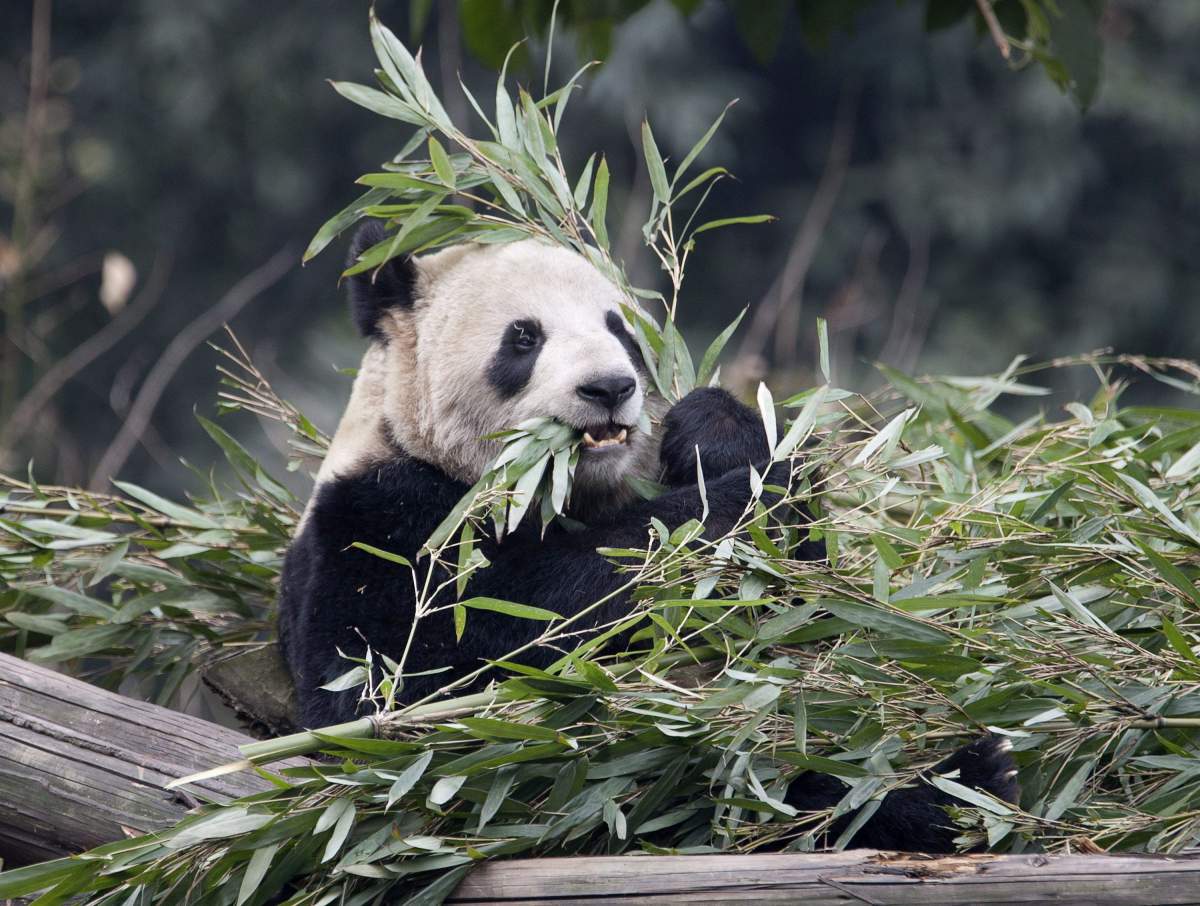An attempt to artificially inseminate the giant female panda at the Calgary Zoo was not successful.

The Calgary Zoo confirmed Tuesday afternoon that 12-year-old Er Shun is not pregnant. She was artificially inseminated in early April as part of the zoo’s planned breeding program.
“Through a combination of behavioural signs combined with urine hormone testing and veterinary ultrasound, we were seeing some signs that made us hopeful, however, ultimately it has been determined that she is not pregnant,” the zoo said in a media release.
While the gestation period for giant pandas is 45 to 55 days, the zoo said the length of pregnancy can vary because pandas experience delayed implantation of the fetus.
The zoo explained that delayed implantation is when a fertilized egg does not immediately implant on the mother’s uterine wall, but instead floats around in her reproductive tract for varying lengths of time. This can last three to five and a half months, according to the zoo.

Get weekly health news
Pseudo pregnancies and miscarriages are not unusual in giant pandas, the zoo explained.
After spending much of the summer in the maternity area of the Panda Passage, Er Shun will be back out in the main habitat this week.
Er Shun and fellow adult giant panda Da Mao are on loan to the Calgary Zoo until 2023, as part of a long-term conservation breeding program.

Er Shun and Da Mao arrived in Canada in March 2013, staying first at the Toronto Zoo. After being successfully artificially inseminated, Er Shun delivered her cubs, Jia Panpan and Jia Yueyue, in October 2015. The cubs were the first giant pandas to be born in Canada.
The pandas arrived in Calgary in 2018. Jia Panpan and Jia Yueyue will return to China this year.


Comments